Was Liz Truss a fiscal hawk inside No. 10? That is the rather startling claim made by the former prime minister, speaking today at the Institute for Government about the future of economic growth. She has claimed public spending would be £35 billion lower over the next few years had her plans been followed, due to the real-term spending cuts that would have followed from not reopening the latest Spending Review. Moreover, she insists that her mini-Budget was not just about going for growth, but rather a ‘three-pronged approach’ that included ‘targeted tax freezes and reductions, supply side reform and holding public spending down.’
This is the first time we’ve heard Truss so explicitly argue that her plans included spending restraint. It seems to be a direct rebuttal to the criticism, made frequently over the past year, that her agenda was one that would have made Gordon Brown blush.
Do her claims have any merit? Independent forecasters suggest not. But let’s put their claims aside, as we know Truss rejects these estimates, which she thinks were stacked against her (though coincidentally she did refer to the Centre for Economics and Business Research’s figures today – one of the outlier forecasters that suggested her plans would lead to increased growth). Let’s look instead at what her own Growth Plan said about spending at the time.
While Truss loves to point out that the Energy Price Guarantee didn’t cost anywhere near what was originally estimated, those original estimates were touted in her and Kwasi Kwareng’s plans, which in Table 4.1 point towards a cost of £60 billion for six months of the scheme. This lined up with other estimates that the scheme could cost up to £100 billion a year.
Truss now says this was a great overexaggeration, pointing to the Office for Budget Responsibility’s estimate of £55 billion for the handout over 18 months – still well above what the scheme has cost. But that figure was produced just over a month after the forecaster was sidelined from the Truss mini-Budget. It was the £60bn per six month figure the Prime Minister was working towards, and, crucially, was asking markets to finance.
Moreover, there were no other spending cuts to point to in her mini-Budget. Her plans to usher in what was thought, by her own team, to easily be the single biggest handout in British history was not offset by any reduction in public spending. In today’s Q&A, Truss was challenged on her claims that it was the media’s reporting of her mini-Budget that spooked the markets. ‘These markets are very, very influenced by politics,’ she insisted. Indeed they are, largely by what is being implemented by the government. Truss’s signals were clear: she was going on a borrowing spree at a time when interest rates were spiking. It turned out investors didn’t have faith in the plans as she did.
It was fairly obvious from the very start of the leadership race that Truss had virtually no interest in the spending side of the ledger
You could tell in today’s interview that, despite her new, bold claim that she was in fact a fiscal hawk, it was difficult for her to offer up anything she actually committed to during her time as Prime Minister. She had to be ‘deliberately careful’, she said, about spending cuts, and only pursue what ‘realistically we could get support for.’ Her £35 billion claim is murky at best: Truss promised a new Spending Review during the leadership election last year, only to announce she was postponing plans to do so because, according to Kwarteng at the time, ‘these things take forever’. It does not help Truss’s case that after she started to lose control of her government last autumn, she promised she would ‘absolutely’ not cut public spending to deal with the gaping holes in her mini-Budget. As ever with the short-lived Truss premiership, very little was known about spending cuts at the time, and what was known kept changing.
Today’s Q&A at the IfG revealed quite a bit about Truss’s thinking on spending, including some details she may regret giving away. It was her response to excluding the OBR’s analysis from her mini-Budget that revealed she sees no real distinction between one-off emergency spending and day-to-day spending:
There were lots of announcements made during Covid, on furlough, that had no OBR forecast, that involved greater fiscal expenditure than the mini-Budget…I do think that reveals a mindset, which is [that] spending is good, and, you know, we’ll always be relaxed about that, but cutting taxes is somehow a sort of… a countercultural thing to do.
‘There’s no reason we had to do an OBR forecast. The OBR officially forecast twice a year, around major fiscal [events]; the plan was to do a major fiscal event later in the autumn, which would also have the spending plans in it, but [we] needed to do [the mini-Budget] because the energy situation was so desperate, and we also wanted to reverse the National Insurance rise, and send a signal to companies about corporation tax, which we had a very short lead time on…It was no bigger than those other fiscal events that had no OBR forecast, so we didn’t think it was an issue not to have an OBR forecast. The OBR should be there to present the entire spending plans in the round.
This is a remarkable comparison: to equate temporary, emergency schemes to permanent changes to public spending. That Truss has to insist her pledges were ‘no bigger than those other fiscal events’ during a global pandemic might suggest she was, in fact, spending quite a lot of money. As it happens, her centrepiece policy – the Energy Price Guarantee – was actually forecast to be more than furlough by Truss and her team.
It is worrying that Truss cannot separate borrowing to fund the pandemic from borrowing to do things like ‘reverse the National insurance rise’, which she abolished whilst keeping Boris Johnson’s promise to put £13 billion more into social care. By insisting some kind of unfair treatment on the part of the media (and markets), Truss has inadvertently highlighted the extent to which her plan was to keep borrowing and spending. The defence of her mini-Budget directly contradicts her new insistence that the real goal was fiscal restraint.
It was fairly obvious from the very start of the leadership race that Truss had virtually no interest in the spending side of the ledger. Her attempt to rewrite this part of the narrative is likely to find less sympathy, even amongst her supporters, as the evidence trail she left behind shows that, while the Truss administration was many things, fiscally prudent was not one of them.
Still, her insistence that this was her intention is a worrying development. Truss has already given a terrible name to tax cuts; now she risks damaging the case for a more limited state. Pretending her premiership took spending into account might be a rewrite of last year’s history that suits Liz Truss. It’s difficult to think of anyone else who will benefit.
Got something to add? Join the discussion and comment below.
Get 10 issues for just $10
Subscribe to The Spectator Australia today for the next 10 magazine issues, plus full online access, for just $10.


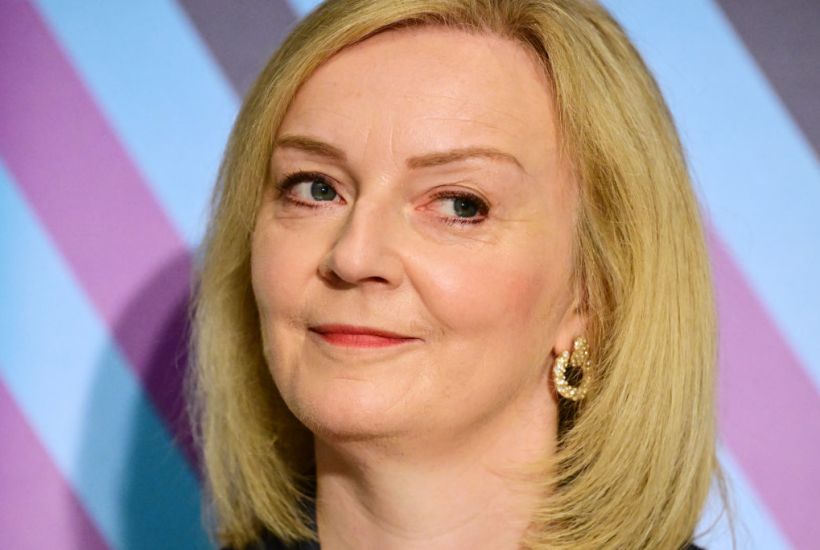
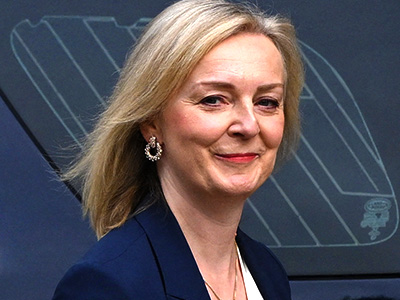
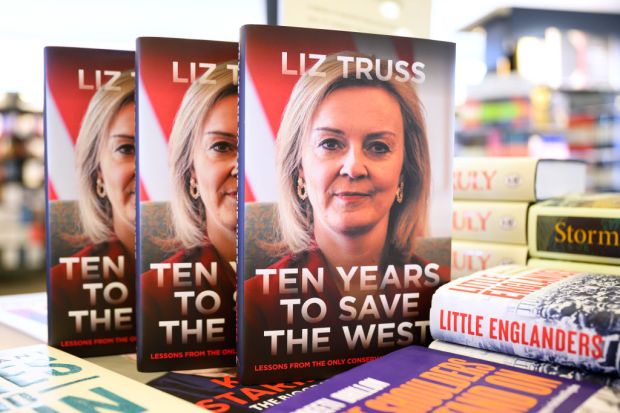
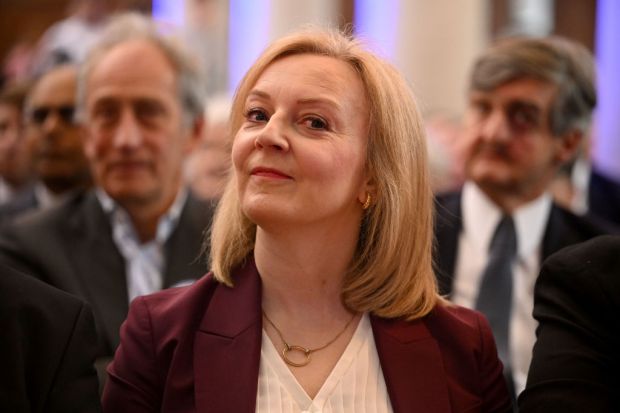
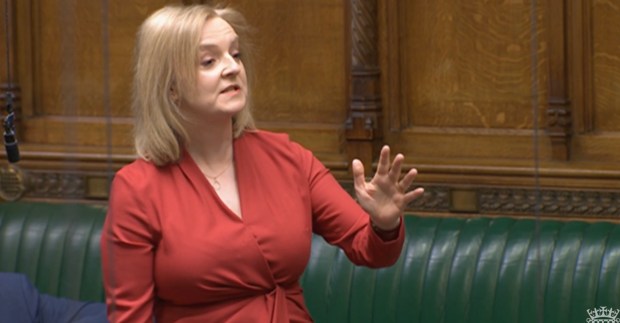
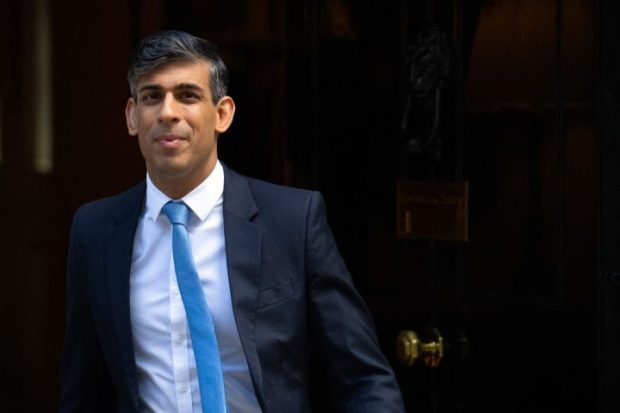
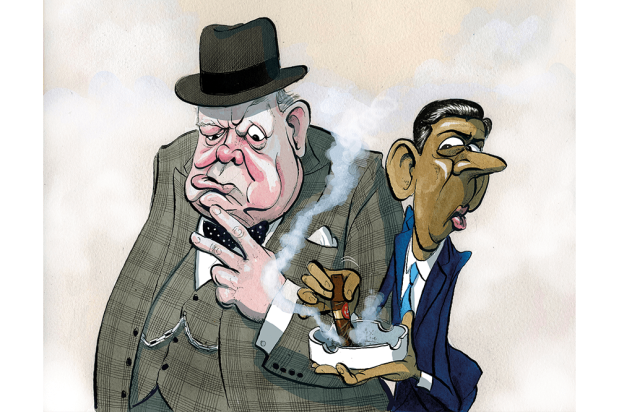












Comments
Don't miss out
Join the conversation with other Spectator Australia readers. Subscribe to leave a comment.
SUBSCRIBEAlready a subscriber? Log in